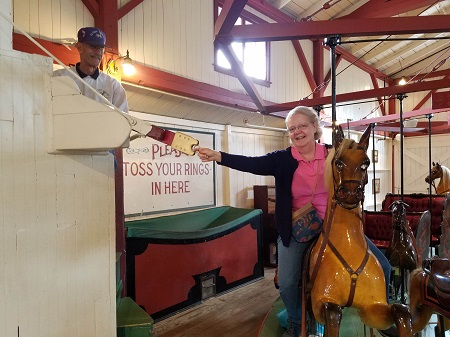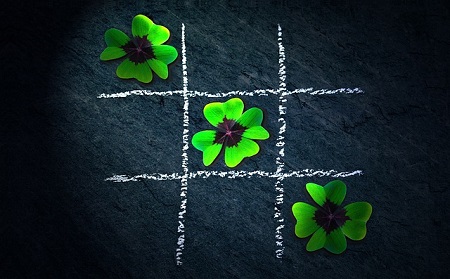Fruit of Your Labor
 My dad’s garden and orchard fed our family plus dozens of others. He spent years growing food and flowers as a labor of love. Dad also understood what it means to enjoy the fruit of your labor.
My dad’s garden and orchard fed our family plus dozens of others. He spent years growing food and flowers as a labor of love. Dad also understood what it means to enjoy the fruit of your labor.
The fruit of your labor means the reward for your work.
Your efforts pay off. Because you refuse to give up, you bear fruit.
Long hours and hard work make you appreciate the fruit of your labor.
- Farmers harvest their crops.
- Gardeners enjoy vegetables, fruit, and flowers.
- Students celebrate graduation.
- Business owners enjoy profits.
You benefit from your investment of:
- Time
- Money
- Muscle (mental or physical)
The harder the work the more enjoyable the fruit of your labor.
Life may give you long rows to hoe. However, you usually reap what you sow. Greater efforts result in greater rewards.
Make relationships your most important investment.
According to the Bible, the greatest commandments are to love God and love one another. The best fruit does not result from a focus on self. Rather, it grows from love and service.
“Blessed are all who fear the Lord, who walk in obedience to him. You will eat the fruit of your labor; blessings and prosperity will be yours” (Psalm 128:1-2 NIV).
Thanks to Beckham Wilson for the suggestion.
Do you have an expression you want explained or a thought about this one? If so, please comment below.
Subscribe to receive my weekly posts by email and receive a free copy of “Words of Hope for Days that Hurt.”
If you enjoyed this post, please share it with your friends.


 Many of us complain that we have to work like a mule. Our complaints increase if we:
Many of us complain that we have to work like a mule. Our complaints increase if we: My friend Ann learned to grab the brass ring while at the
My friend Ann learned to grab the brass ring while at the  When we use elbow grease, we work hard.
When we use elbow grease, we work hard.  I have heard third time’s a charm all my life. Like many older expressions, I could not find its origin.
I have heard third time’s a charm all my life. Like many older expressions, I could not find its origin. Above all, I depend on guidance from my never-failing God.
Above all, I depend on guidance from my never-failing God. When we put our hand to the plow, we are ready to work.
When we put our hand to the plow, we are ready to work. If you sew, you know that cutting the cloth only begins your task. Preparation is complete. You have your work cut out for you. Yet, you still have most of the work to do.
If you sew, you know that cutting the cloth only begins your task. Preparation is complete. You have your work cut out for you. Yet, you still have most of the work to do. Some quilts are fancier than others. All require hard work. That is true whether you sew your quilt by machine or by hand.
Some quilts are fancier than others. All require hard work. That is true whether you sew your quilt by machine or by hand. What fun to admire the beauty of a new quilt or any job well done. How much greater the satisfaction when you know you did that work yourself.
What fun to admire the beauty of a new quilt or any job well done. How much greater the satisfaction when you know you did that work yourself. These young archers want to hit the bull’s-eye. They aim for the perfect center of their target.
These young archers want to hit the bull’s-eye. They aim for the perfect center of their target.